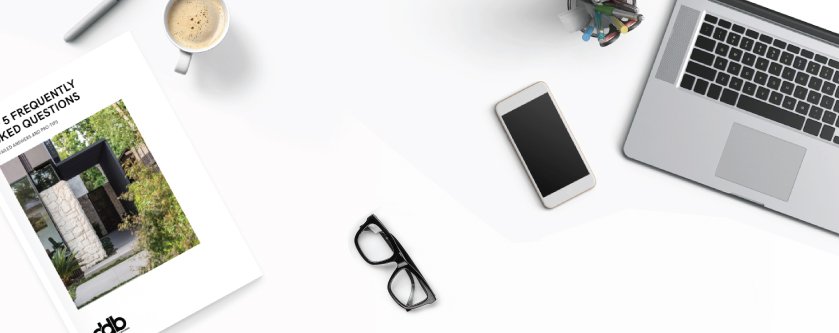
EMAIL #48 - 11TH, NOVEMBER, 2019 - LEADERSHIP PART 1
Hi Team,
“Self-leadership" is the starting point for all leaders and is the one vital prerequisite for any form of effective leadership.
"You can't lead other people if you can't lead yourself”, Unknown.
As previously mentioned, everyone has leadership qualities and abilities and leadership is not restricted by age, location or socioeconomics. But it is dependent on knowing oneself and having self-confidence. The ability to lead others starts with self-awareness, which is the conscious knowledge of one's own character and feelings. Having a high level of self-awareness gives you the ability to learn from your mistakes and allows you to keep growing. This is what inspires other people and attracts attention from others.
"True leaders do not look for followers. Followers look for them", Israelmore Ayivor.
Self leadership is really all about self-improvement; knowing yourself, your strengths and weaknesses and continually striving to grow and improve. You must also like yourself and be honest and truthful in your own mind. You cannot be an effective leader of yourself if you are an enemy to yourself. It is your behaviour and attitude that define you as a person of trust and credibility and all leadership is built on trust. This is all summed up beautifully by one of the all-time stars of Country music. (Shout out to the Crimea St Team).
"If your actions create a legacy that inspires others to dream more, learn more, do more and become more, then you are an excellent leader", Dolly Parton.
After studying leadership for the last few months, I have found that self-awareness is central to all research and analysis of this topic. Several university studies have shown that the best way to grow as a leader is to improve your self-awareness and your overall emotional intelligence (which is a topic I have become very interested in and will write about in future emails). So, in conclusion, here are several ways you can improve your self-awareness,
- Get out of your comfort zone.
- Don't judge your feelings.
- Don't make decisions in a bad mood.
- Take time out.
- Concentrate on the big picture & what is important.
- Re-asses your core values and act accordingly.
- Regularly set goals and write them down.
- Monitor your own stress levels.
- Seek advice and feedback from others.
Please remember the DDB Team Meeting this Friday at 12.00 noon. I will email you the meeting agenda early this week (it may have some homework).
Thanks for reading,
David.
